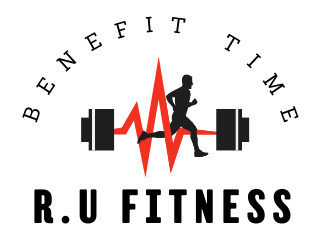
Dietary supplements are widely used today, mainly due to the increased awareness of healthy lifestyles. Be it multivitamins, protein powders, or herbal extracts, the benefits include improved immunity, improved muscle mass, and improved brain function. However, misusing it could negatively impact effectiveness and health. Understanding the various side effects of multiple supplements is critical to know how to minimize their side effects well. For example, learning about beta-alanine side effects can help you make better choices and look for hybrid products with fewer effects. Here’s how to reduce these risks and get the most from your supplements.
1. Monitor for Allergies and Sensitivities
The problem is that many of these supplements contain elements like soy, gluten, dairy, or artificial additives, which are causing allergic reactions or intolerances in many people. Consult with your doctor or dermatologist if you have any allergies, and use products labeled as hypoallergenic. If you get side effects like rashes, gas, vomiting, or headaches, stop using it and let a doctor know.
2. Consult a Healthcare Professional
It is, therefore, essential to seek the advice of a healthcare provider before adding any supplement to your meal plan. A physician or a registered nutritionist can attest to the need for supplementation and possible interactions with other medicines and advise on the right portions to take. Ingesting vitamins and minerals at your own will may not be as helpful as when your physician recommends you. In some instances, you may even overdose, and this is not healthy.
3. Stay Hydrated
Some supplements, especially fiber, creatine, or those containing protein powders, may lead to dehydration or stomach upset if not accompanied by adequate water intake. Consuming water helps to facilitate the healthy digestion and absorption of nutrients without side effects such as bloating, constipation, or kidney issues.
4. Pay Attention to Timing
Supplement efficacy, therefore, largely depends on timing. Magnesium, for instance, is considered more effective before bedtime, while B vitamins are best taken in the morning to help boost energy. Consuming supplements at the wrong time is not dangerous but might negate their efficacy and the good they are intended to do.
5. Follow Recommended Dosages
Consumers need to understand that if something is too good to be true, then we should not go overboard in quantity because there are side effects for everything, no matter how good it may seem. Similarly, taking large doses of vitamins and minerals is also risky because it causes toxicity. For instance, while recommended amounts of vitamin A are healthy, having too much of it can be toxic and affect the liver
6. Supplements with the Right Foods and Drinks
Certain nutritional supplements are more effective with meals; some should be taken without food. Fat-soluble vitamins include A, D, E, and K, and their absorption depends on dietary fats, while iron is absorbed in the presence of Vitamin C but is interfered with by dairy or caffeine. Knowing these subtleties might be helpful if you want more positive outcomes with less negative impact on your stomach.
Final Thoughts!
Probiotics, multivitamins, and other supplements can be quite beneficial in improving health, but they must be understood and used appropriately. If you consult specialists, choose the best products, strictly follow dosing recommendations, and listen to your body, you will receive the most significant benefits and possible side effects. Also, it is crucial to understand that supplements are not a replacement for a proper diet and a healthy way of living.
